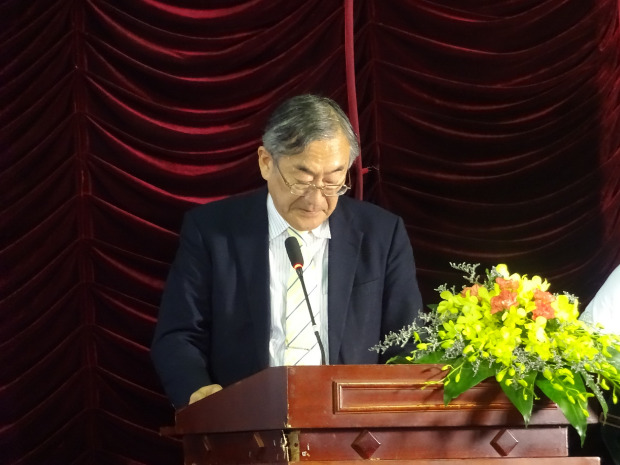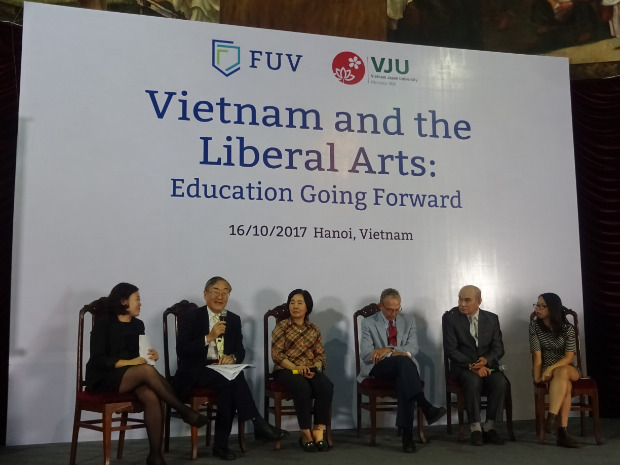Prof. Dr. Furuta Motoo, Rector of Vietnam Japan University (Vietnam National University, Hanoi) delivered a speech at the workshop on Vietnam and the Liberal Arts: Education Going Forward which was jointly organized by Vietnam Japan University and Fulbright University Vietnam in the afternoon of October 16, 2017.
In his opening speech, Prof. Dr. Furuta Motoo introduced the social context and the development of liberal arts education in Japan and Vietnam. The world is facing with wide range of critical issues including population boom, Industry 4.0, Artificial Intelligence, globalization, etc. and liberal arts education is considered a solution that provides the students with the ability to adapt to the changing society.
Professional education and training was preferred in Japan in 1990s with most of the universities concentrated on technology. However by 2004, liberal arts education has revived and thrived in Japan in response to the globalization as well as to meet the demand of an education that allows the students to develop their fullest talents in a multi-disciplinary context.
Liberal arts education was once applied in Vietnam with the piloted Liberal Arts College of the Vietnam National University, Hanoi in 1990s. This attempt then failed due to constraints in administrative and management capacity. Liberal art education will nevertheless be the key to promote Vietnam’s development in the ever-changing world since it prepares the country with high quality human resources with capabilities to adapt to new demands of their era.

Photo: Prof. Dr. Furuta Motoo – Rector of Vietnam Japan University is delivering his opening speech in the workshop
Prof. Dr. Furuta Motoo joined the round table discussion on liberal arts education with Mrs. Dam Bich Thuy – President of Fulbright University Vietnam, Prof. Lam Quang Thiep – former Director of Higher Education Department (Ministry of Education and Training), Prof. Randall Woods – Professor of Arkansas University and Ms. Ngo Thuy Ngoc Tu – co-Founder of Yola Institute.
Many people still doubt about the value of liberal arts education, particularly since professional and liberal arts education are still controversial issues. “It is not easy to evaluate the efficiency of liberal arts education. Staff with professional skills are more appreciated than those who have been through general education”, according to Prof. Dr. Furuta Motoo. “However after a period of devotion and efforts, people with good vision will thrive in their career development as they possess skills of the leaders, have good vision to catch the opportunities and create persistent values for their organizations.
In addition, liberal arts education also provides students with high ability of self-learning and adaptation in different environments as well as excellent knowledge across a diverse field of studies. From their understanding of the precious values of liberal arts education, the University of Tokyo has tried their best to maintain social sciences subjects in their curricula and developed the Liberal Arts College. Tokyo University has now become the symbolized liberal arts education institution in Japan and is the unique model that Vietnam Japan University refers to during the development of its curriculum programs.

Photo: Prof. Dr. Furuta Motoo discusses with other speakers and replies to questions of the workshop participants
The speaker’s viewpoints were discussed by workshop participants – leaders of various universities, educational experts and large enterprises who are interested in liberal arts education. Prof. Pham Quang Minh, Rector of University of Social Sciences and Humanities made a speech on liberal arts education from his learning and teaching experience. Having gone through various education systems in different countries, he highly appreciates liberal arts education; however he reckoned the fact that the students should be equipped with a specific profession in preparation for their career development after graduation. In addition, he thought changes are required in higher educational curriculum program to set the ground for liberal arts education in Vietnam. In particular, more credits should be given to optional subjects of the same or of different fields of study to stimulate the student’s interest.
Prof. Dr. Furuta Motoo agreed with the comments from Dr. Giap Van Duong, an educational expert who spent years on liberal arts education that the lecturers in this system must not only have intensive expertise and extensive knowledge across wide range of disciplines but also be entrenched by its values. The lecturers who graduate and work in the liberal arts education system will inspire generations of students, hence they will expand this system in Vietnam in particular and in other countries in general.
Responding to a question raised by an enterprise on the advantages and the opportunities that liberal arts education will generate for enterprises, Prof. Dr. Furuta Motoo sincerely stated that enterprise is an indispensable element to the success of liberal arts education and they should know well this special education philosophy. Currently liberal arts education is warmly welcomed by Japanese enterprises in Vietnam as this system will create high quality human resource of good vision and adaptability in terms of communication, activeness, problem solving skills, logic thinking, etc. rather than those who are equipped with single professional skills.
It is especially important in the context a developed ASEAN community since liberal arts education brings about advantages in human resource competitiveness. ASEAN leaders envisages in the ASEAN Vision 2020 adopted in December 1997 a community of Southeast Asian nations where movement of skilled workers are not restricted. This means that Vietnamese workers can easily apply to work for enterprises in the region. Vietnamese workers will surely have advantages and be more confident to reach out to the region and the world thanks to the precious values that liberal arts education brings about.
The active participation and contribution of educational experts, educational activists, representatives of enterprises as well as leaders of various universities including University of Languages and International Studies, University of Social Sciences and Humanities, Arkansas University (USA), etc. have made the success of the workshop which left good impression of liberal arts education on the workshop participants.

